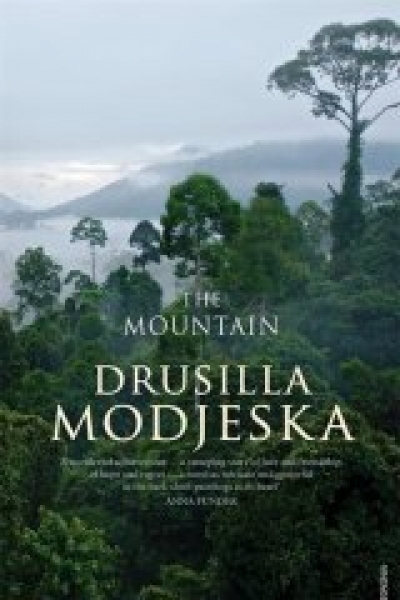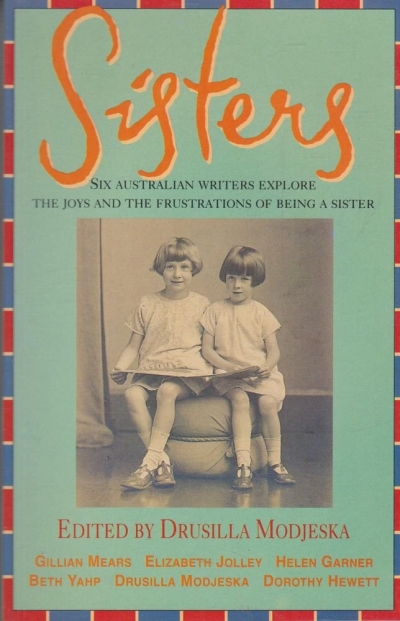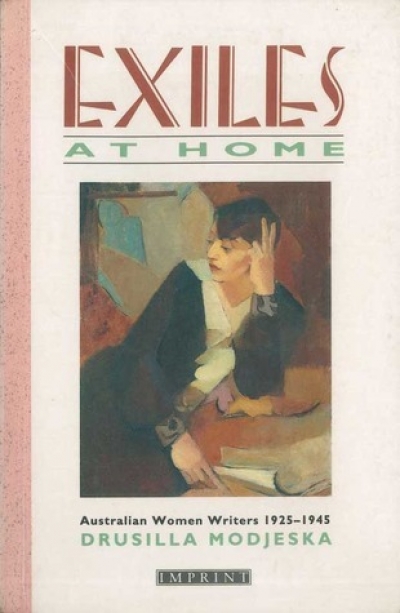Drusilla Modjeska
The ups and downs of biography
Hazel Rowley is the 2007 Australian Book Review/La Trobe University Annual Lecturer. That title is quite a mouthful (the acronym doesn’t bear thinking about), but one that Dr Rowley will handle in her stride, as those who recall her appearances on Australian literary stages will attest.
Dr Rowley – born in England and educated in Australia – taught for many years at Deakin University before moving to the United States. In 1993 she published Christina Stead: A Biography. In her review in The Independent, Doris Lessing said, ‘Christina Stead has long needed a good biographer, and here she is.’ Miegunyah has just issued a revised edition of the biography, in time for Dr Rowley’s Annual Lecture – and her appearance at the Sydney Writers’ Festival.
... (read more)I wouldn't mind being a fly on the wall when Ta-Nehisi Coates has dinner with James Baldwin and Chinua Achebe – and, as long as I'm out of range, up on the ceiling when Rudyard Kipling joins them.
... (read more)Secrets by Drusilla Modjeska, Amanda Lohrey and Robert Dessaix
It has a relevance in one sense because it is a worry, since we live in a world which seems to have taxological problems. People like to be able to put things in one category or another. I seem at the moment to be writing in a way that sits on the line.
... (read more)







